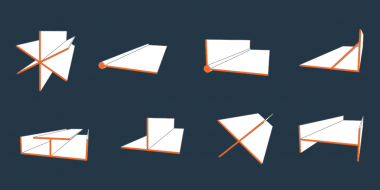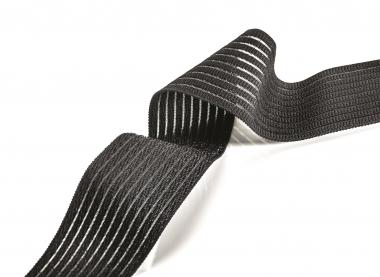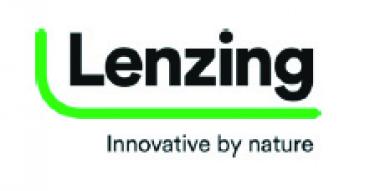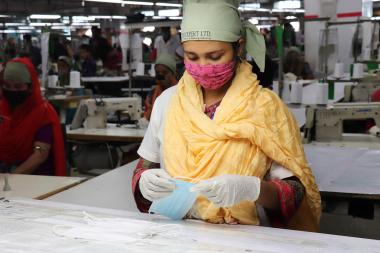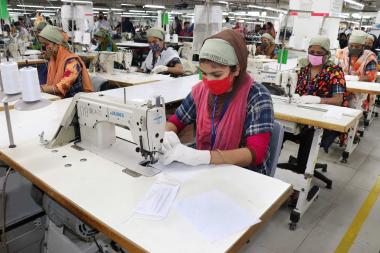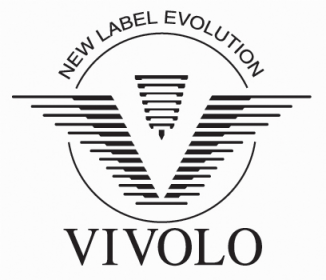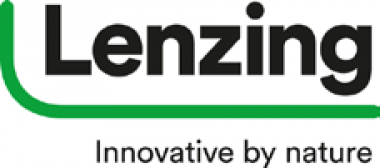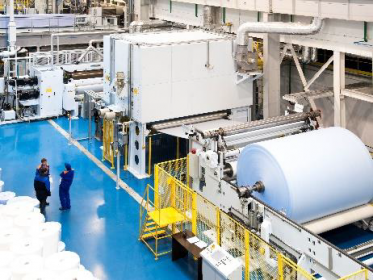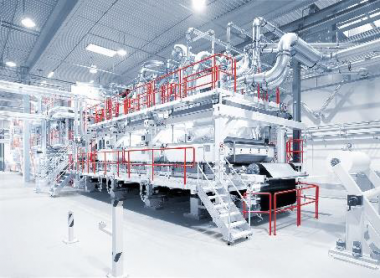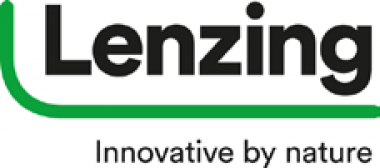Canopy ranking: Lenzing for the first time achieves highest Hot Button category
The Lenzing Group scored a total of 30.5 points (4 points more compared to last year) and received for the first time a leading dark green shirt, the highest Hot Button ranking category. Lenzing once again convinced the non-profit organization Canopy with its innovative vision with regard to circular economy and REFIBRA™ technology, its high level of transparency in wood and pulp sourcing, as well as its active contribution towards protecting forests and preserving biodiversity.
In this widely recognized ranking, Canopy grades the world’s 31 largest producers of wood-based fibers with respect to their sustainable wood and pulp sourcing, their efforts with regard to using alternative non-wood feedstock and their achievements for lasting conservation in critical forests round the globe.
Leading in sustainable sourcing with a decade-long clean record
Wood and pulp are the most important raw materials for Lenzing’s sustainable production of cellulosic fibers. The Lenzing Group is particularly proud of its decade-long clean record of sustainable wood sourcing, evidenced by its long-standing credible commitment to wood certification, which Lenzing pioneered already in the 1990s. Lenzing’s commercial wood sources are 100 percent either certified by FSC® or PEFC™, or controlled in line with FSC® standards.
Social impact and afforestation project in Albania
At the backdrop of Lenzing’s long history of clean sourcing, the company is even more aware that the global forests are seriously threatened by illegal logging and deforestation but also by the consequences of climate change. This is why Lenzing – in addition to supporting a number of Canopy’s conservation projects – has set up a social impact and afforestation project in Albania (Southern Europe).*
Special focus on sustainable plantations in Brazil
For its latest investment in a pulp mill in Brazil, Lenzing actively collaborates with Canopy to ensure that the wood sourcing is in line with sustainable practices. The plant will be among the highest productive and energy-efficient facilities in the world and will feed the 40 percent excess bioelectricity generated on site as “green energy” into the public grid.*
REFIBRA™ technology: Commercially available since 2017
As a long-standing player in the industry, Lenzing has undertaken extensive research into many different alternative non-wood cellulose sources such as annual plants, like hemp, straw, and bamboo. Until now, textile waste has turned out to be the most promising alternative feedstock for scaled commercial use.
Lenzing’s lyocell fiber produced with the breakthrough REFIBRA™ technology (Eco Cycle technology for nonwoven applications) uses textile waste as part of the feedstock and is an important step towards a circular economy.*
50 percent recycled content by 2024
It is Lenzing’s vision to make textile waste recycling a common standard process like paper recycling and to offer fibers produced with REFIBRA™ technology with up to 50 percent recycled content from post-consumer waste by 2024.
*Please read attached document for more information
Lenzing









